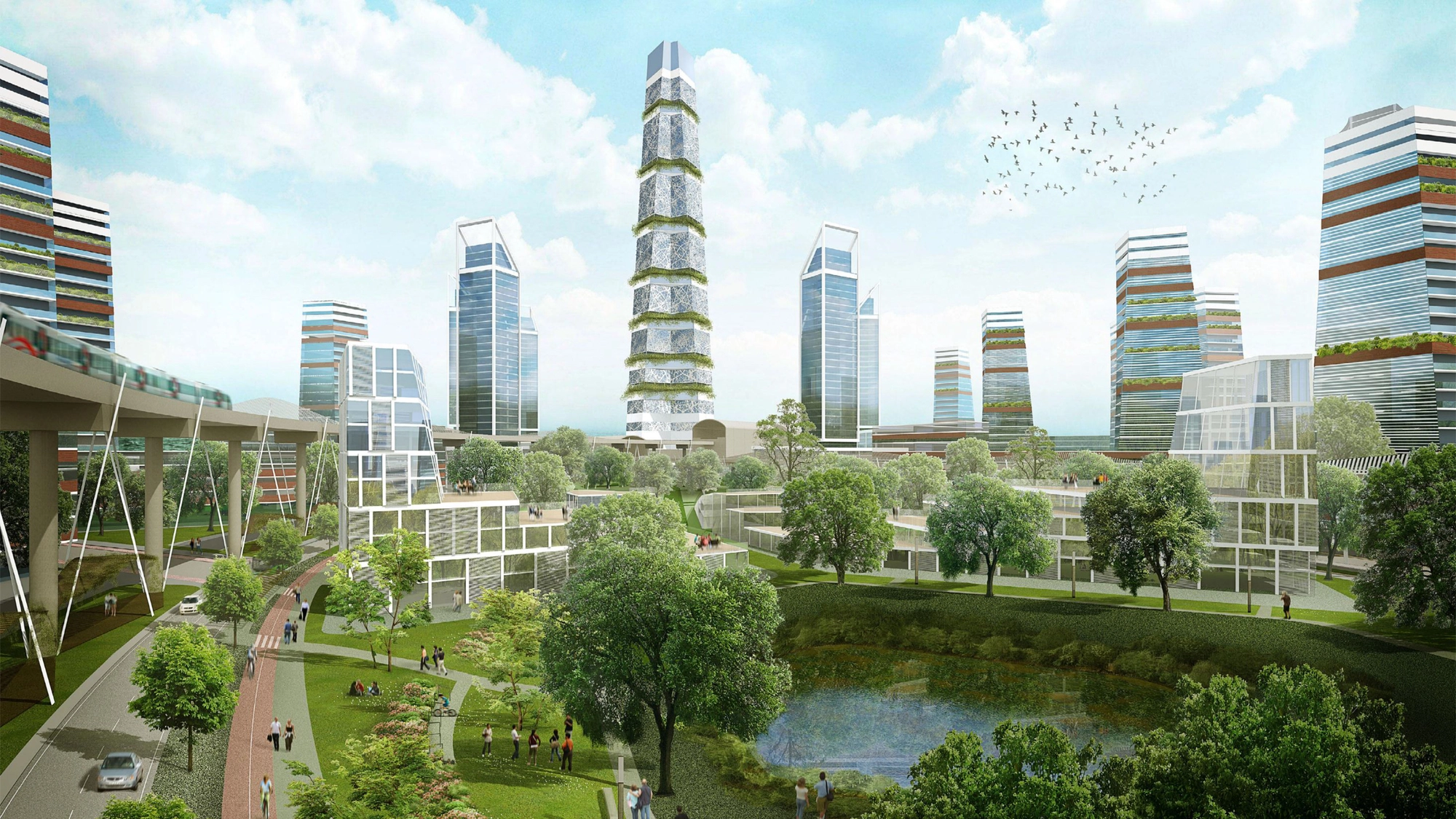
How AI Can Prepare Budding Architects for the Professional World
Artificial Intelligence has become the defining word for this decade. It has birthed many tools that have made it clear that AI will impact our personal and professional lives significantly.
Read More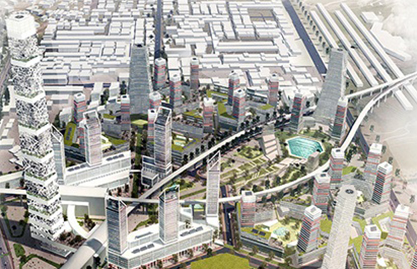
Raisina Dialogues - Creating Liveable Cities (Part II)
Our planet, as we know it, is deteriorating in terms of its health in terms of its health. While we have started taking strides towards a healthier planet, it is equally essential
Read More
Raisina Dialogues - Creating Liveable Cities (Part I)
Global efforts to cater to a surging urban population is resulting in expanding cities that are decreasing the green cover and, in turn, expediting climate change.
Read More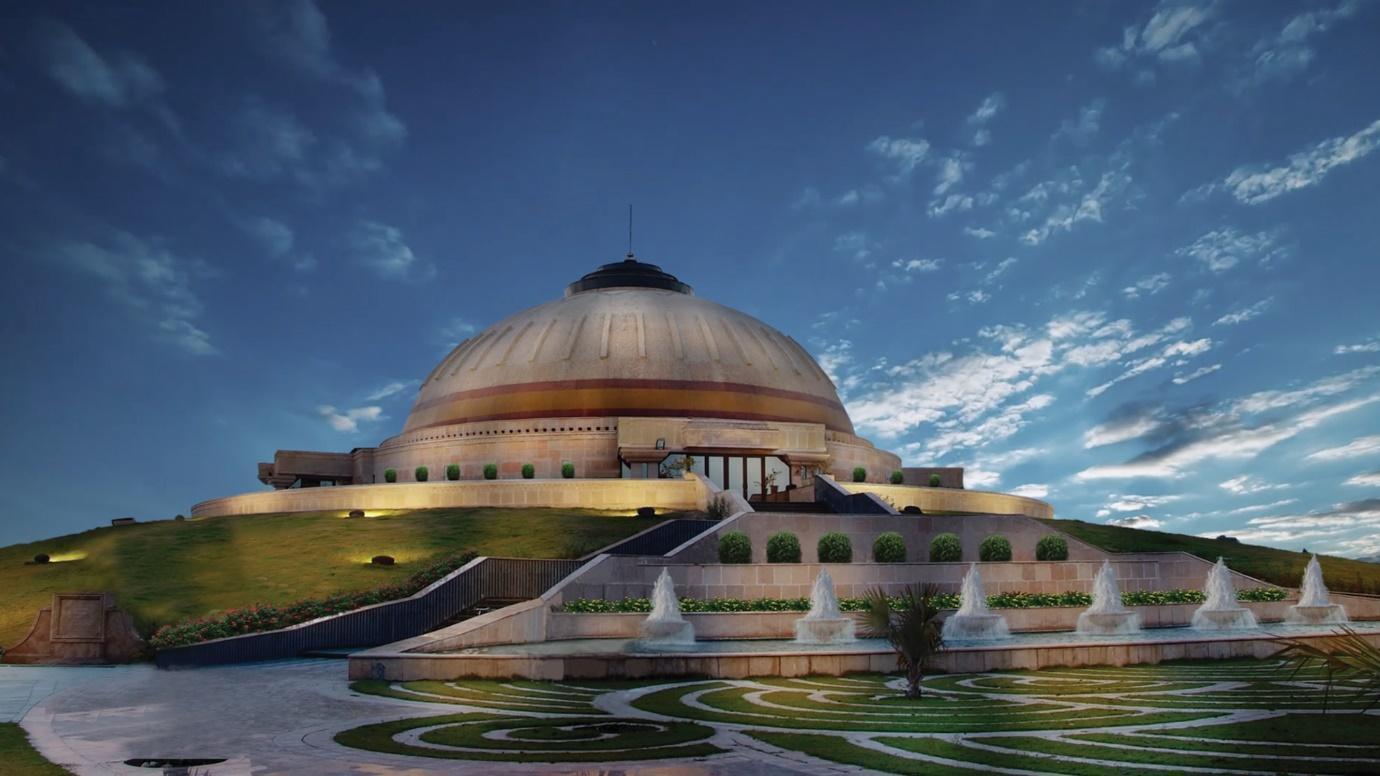
Changing Architectural Scenario In the Country - Part II
Architectural practice is affected and often driven by many non-architectural factors and disciplines. This multidisciplinary nature of the practice allows the architect to engage with and employ learnings from a spectrum of fields
Read More
Changing Architectural Scenario In the Country - Part I
Architectural publications in the form of magazines, peer-reviewed journals, and periodicals have played a crucial role in keeping the fraternity and professionals and students from allied fields aware of the trends, practices and explorations in the world of architecture.
Read More
Creating Liveable Cities- Addressing Governance & Public Participation
In these times of climate change, increasing population, and urban influx, our cities face immense pressure. Urban planners, designers, and policymakers are constantly
Read More
BIM & GIS - Technology that is Revolutionising the AEC Industry and how!
Technological advancements are redefining and reshaping many sectors today. The AEC industry is keeping up with time. Architectural design tools are taking design representation and visualisation to new heights.
Read More
Renewing India - Discussions on Transformative Urbanism
The approach to planning and designing a city is driven by a number of aspects. While many features are considered, it is crucial to be mindful of the larger urban context.
Read More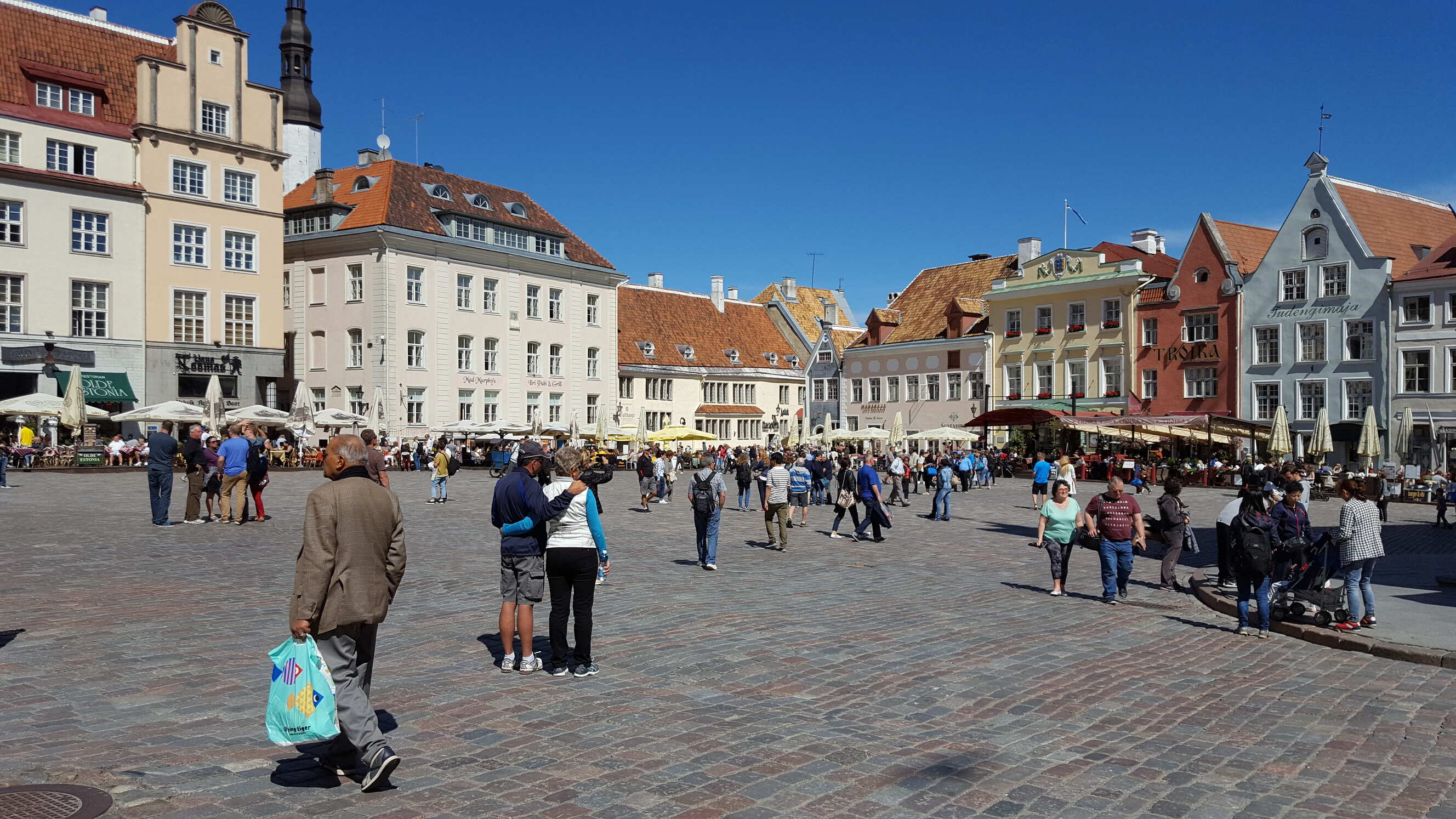
The Need For Socio-cultural Betterment Of Cities
Cities feel alive with human activities like movement and interaction. Any city, town, or village devoid of humans and other creatures is hard to imagine.
Read More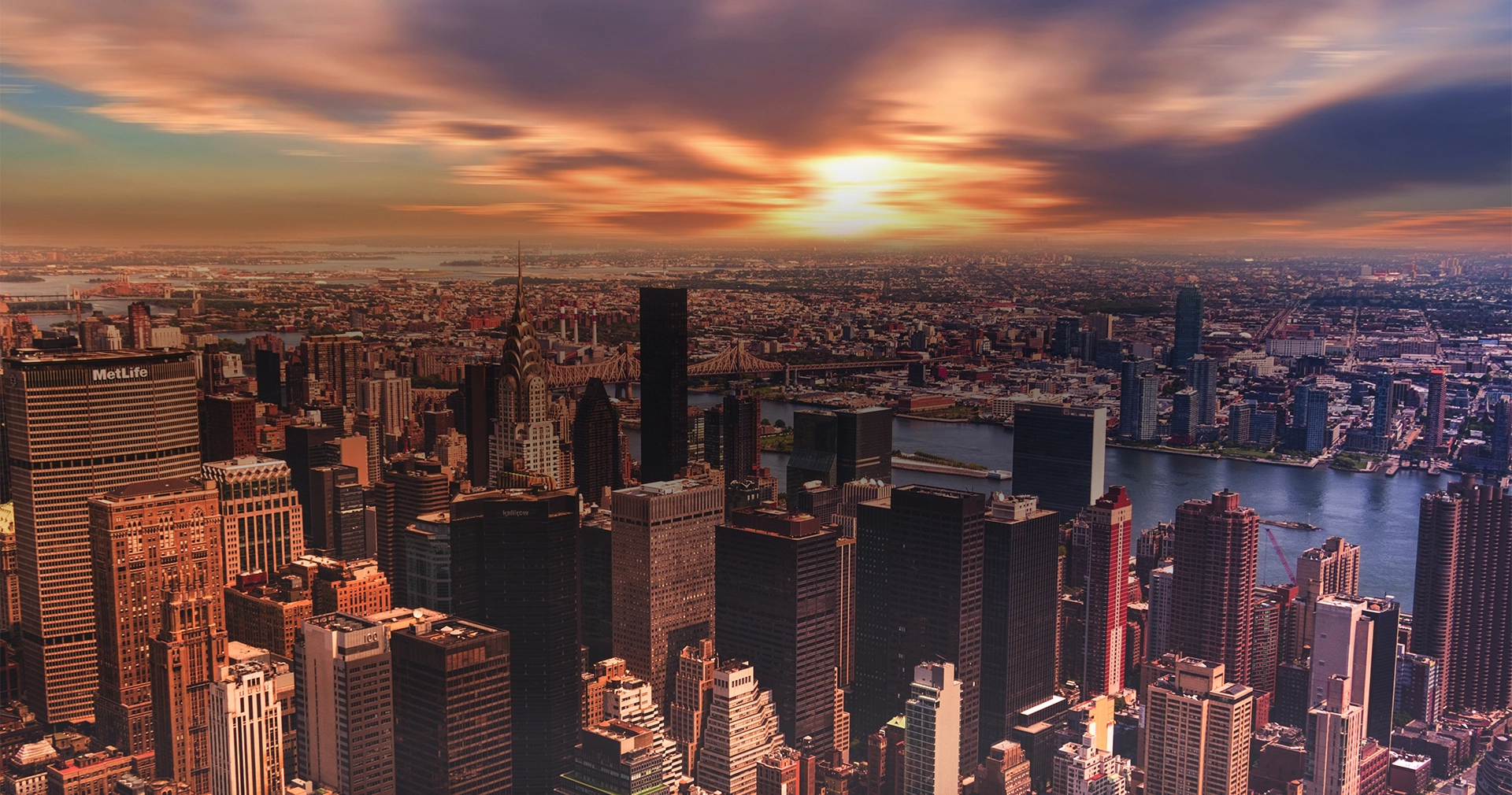
Tale of Two Cities: Conversations on Our Collective Urban Futures at Kala Ghoda Arts Festival 2023
Cities feel alive with human activities like movement and interaction. Any city, town, or village devoid of humans and other creatures is hard to imagine.
Read More
Is Our Heritage Safe?
Heritage buildings, spaces, cities and sites are the remnants of our past generations. They are a reflection of our past and fill in an important information gap in efforts to trace the evolution of societies and civilisation. hough many historic structures have stood the test of time, some of these are notified heritage buildings and precincts that require diligent preservation, conservation and restoration.
Read More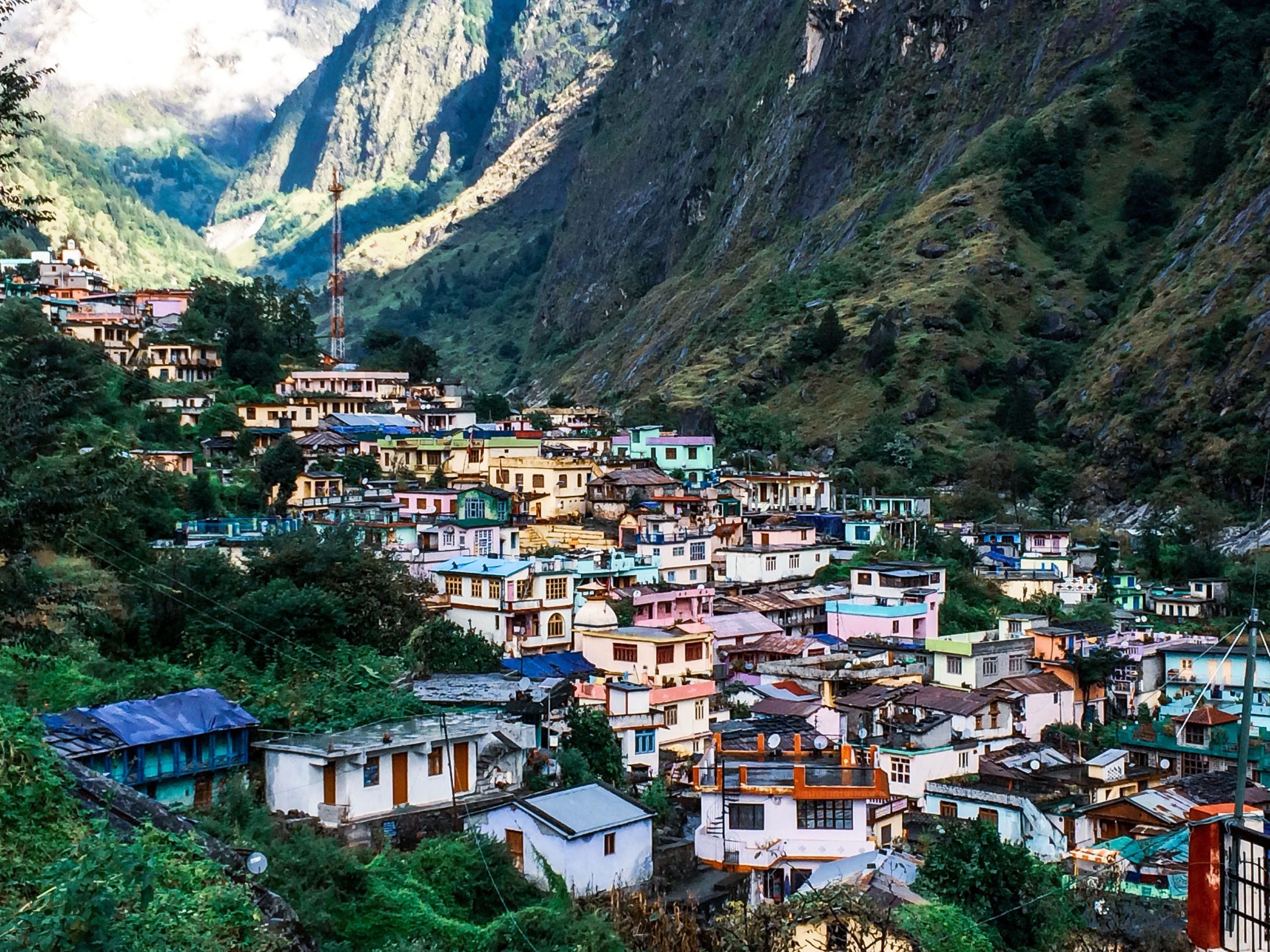
How To Avoid The Next Joshimath From Happening?
Earthquakes are a natural disaster that can often be predicted and necessary evacuations can be carried out. Yet despite warnings, some earthquakes in history have wreaked unprecedented havoc. Even though they occur due to the movement of the earth’s tectonic plates, there is much impact in an area due to human intervention over a long period of time.
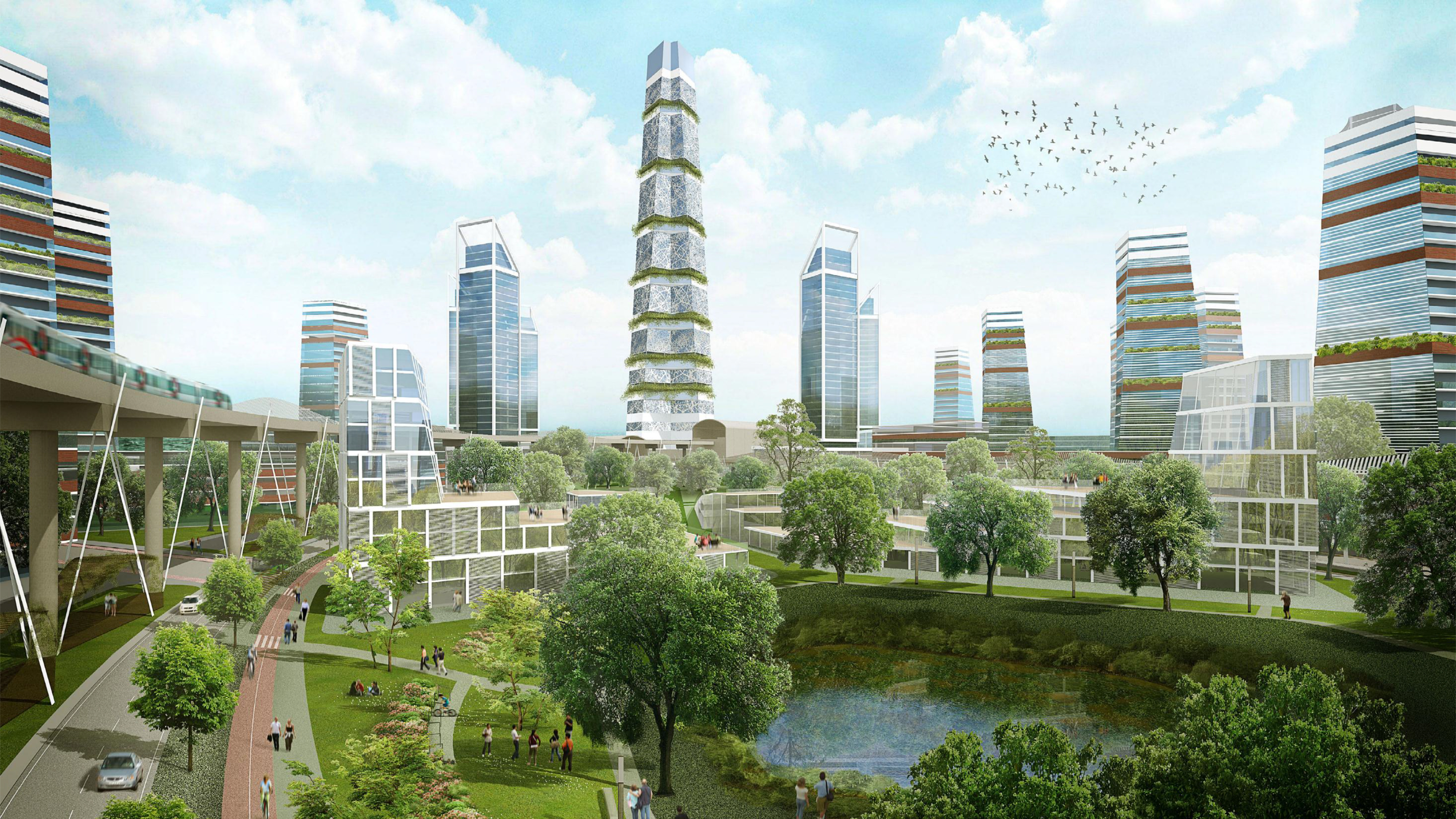
5 Development Models for Creating Sustainable Cities?
We live in a time of rapid urbanisation and a continuously growing population. According to the UN World Urbanisation Prospects, it is estimated that over 67% of the global population will be living in cities by the year 2050. The last few decades have seen most cities in the world responding to the surging population by adopting western urban planning models.

What can the Union Budget do for the Real Estate Sector?
The Indian Union Budget is rolled out annually on the first day of February. With its effects on each sector, the budgets must address relevant issues every year. It must be responsive to the current fiscal situation.
Read More
Learnings from the History of Indian Design
As one of the oldest civilisations in the world, India’s culture is very diverse. Different regions with distinct cultures contribute to a nation full of rich design ideas and values. Varying topographies, climates, and other regional differences have led to the development of different designs and typologies.
Read More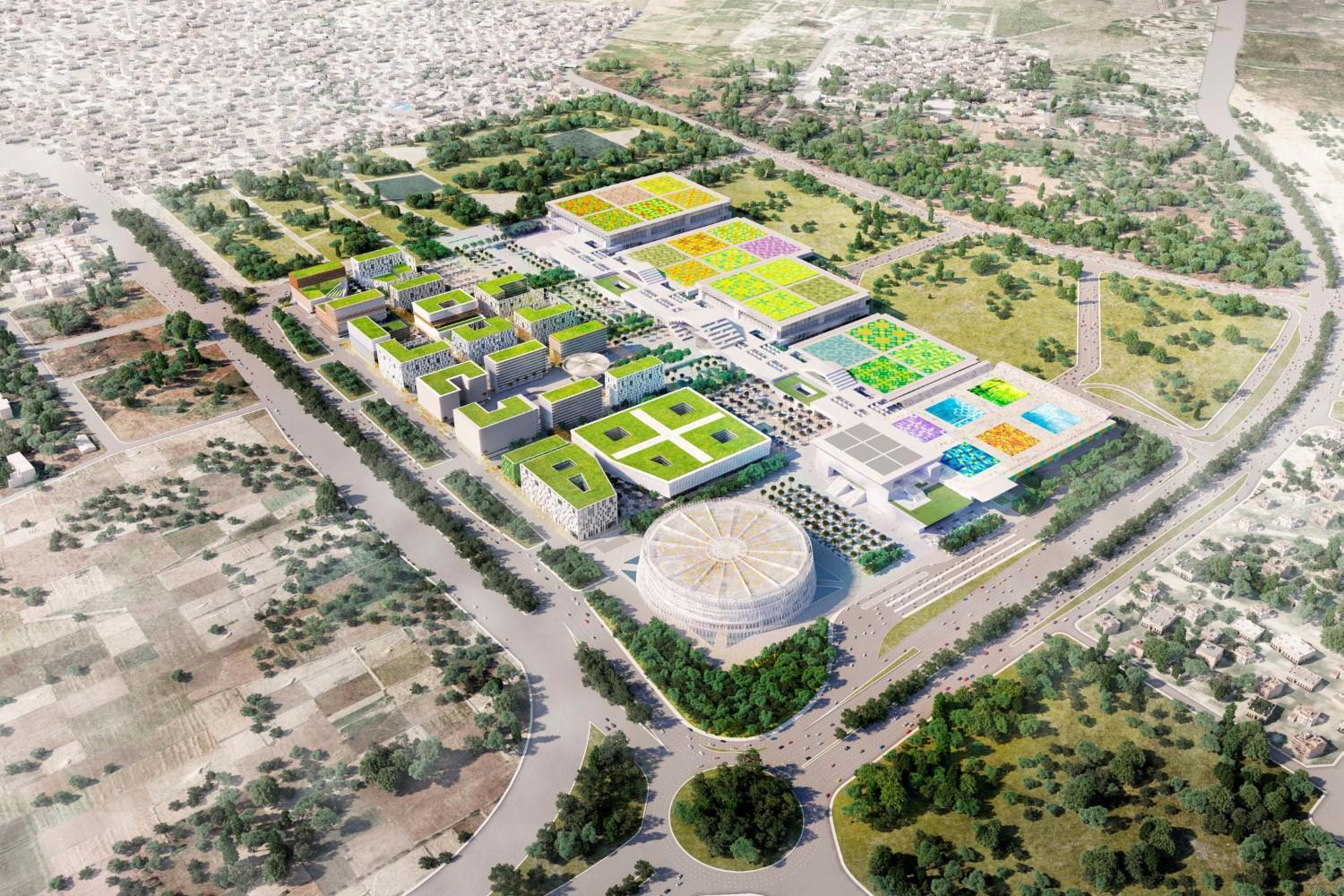
Top Architectural Trends from 2022 and the Way Forward
Over the last few decades, India has experienced a fundamental shift in the design and construction industry. With growing awareness about architecture, urban design, planning, and particularly construction technology, the country is steering towards a high point in infrastructure growth to support rapid urbanization.
Read More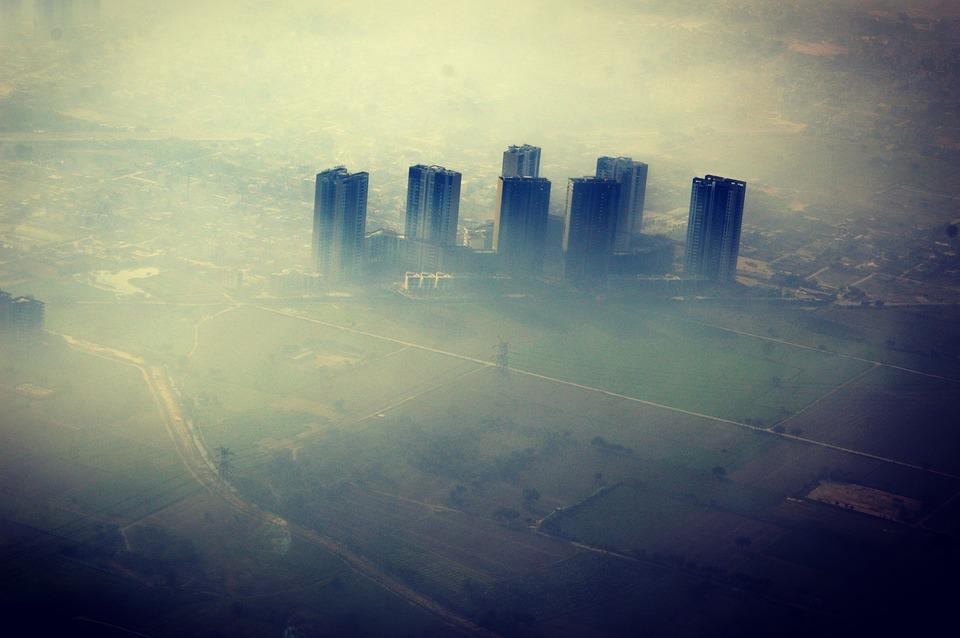
How Can We Control Delhi’s Yearly Pollution Surge?
The Air Quality Index (AQI) crossed the severe mark of 400 in Delhi late this October, adding another polluted winter for the Indian capital for the last many consecutive years. However, Delhi is not alone, as many major metropolises like Beijing, London, and more have also been facing acute air pollution.
Read More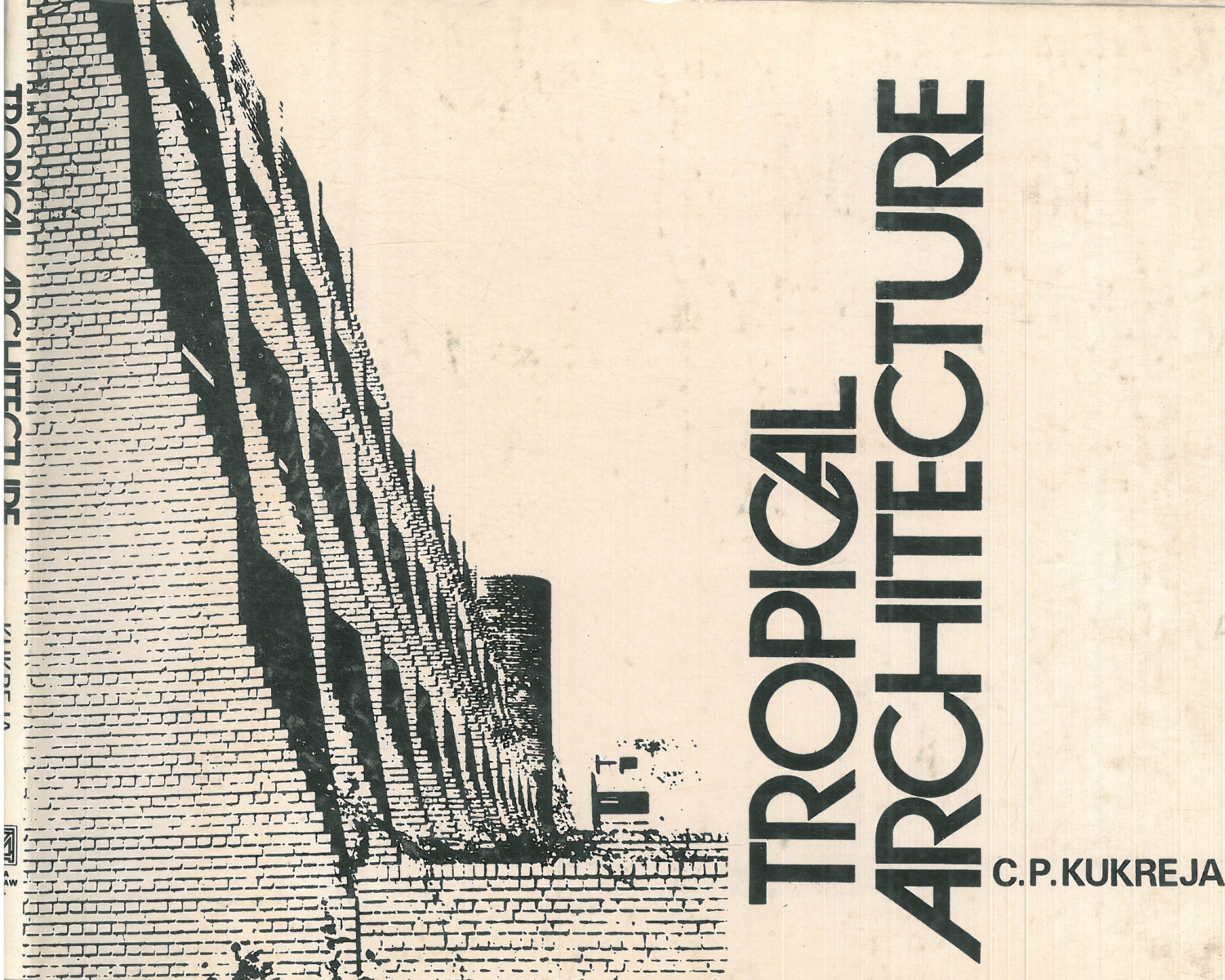
What Makes ‘Tropical Architecture’ By C P Kukreja A Timeless Treatise
Published in 1978, the book ‘Tropical Architecture’, is based on our founder CP Kukreja’s master’s thesis at the University of Manitoba, Canada – ‘Design of Buildings in the Tropics.’It brings to attention many design solutions as a reference for designing in tropical climates or regions
Read More
How Can We Shape Flood-Resilient Cities
The India Meteorological Department (IMD) recorded 7% surplus rainfall during Monsoon in India this year, which left many cities submerged. Earlier, only rural areas and unplanned cities fell prey to floods because of the lack of proper stormwater infrastructure.
Read More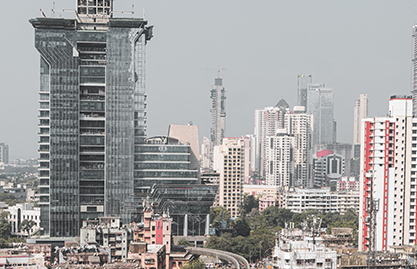
How Can India Push Its Infrastructural Growth to the Next Level
The key to India's transformation from a developing nation to a developed one lies in strengthening its infrastructure across sectors
Read More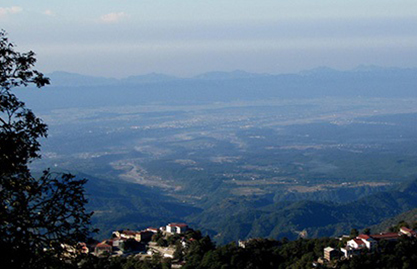
Why the Smart Cities Mission Has Not Solved Dehradun’s Urbanisation Woes
Himalayan foothills in India are replete with scenic cities, towns and villages. Dehradun, the capital of the mountainous state of Uttarakhand, is one such city.
Read More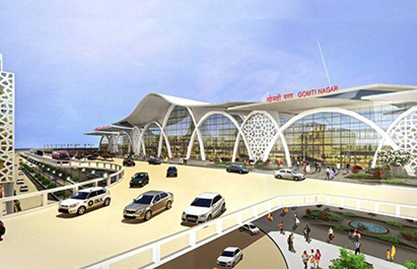
How to Design a New-Age Transport Hub
A transportation hub is an area where passengers and goods transition between different modes of transportation. Some examples include bus terminals, railway stations, metro stations and airports.
Read More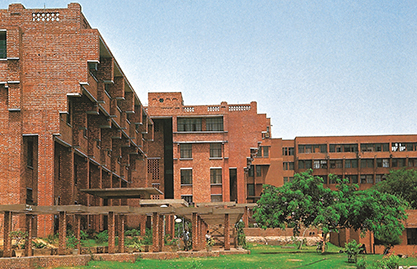
Three Ways to Create Holistic Learning Environments
Educational institutes are the basic building block of any civil society. They extend opportunities for students who, as citizens, steer a nation towards its growth.
Read More
From the CPKA Book: Executive Vice President Sameer Divekar on Sustainability & India
The following is an extract from our book Five Decades of India’s Built Environment co-authored by Dikshu Kukreja and Arunima Kukreja. The book is now available for sale on Amazon.
Read More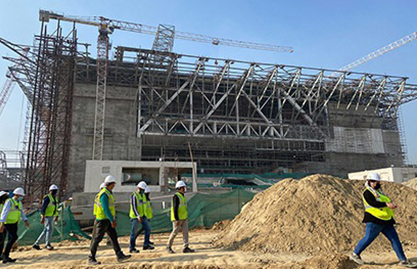
How Can We Ensure Structural Safety in Buildings
The number of instances of structural failures in the history of construction is concerning. The recent collapse of a residential tower in Gurugram, India, is a stark reminder of the terrifying consequences of negligence in ensuring structural safety of buildings.
Read More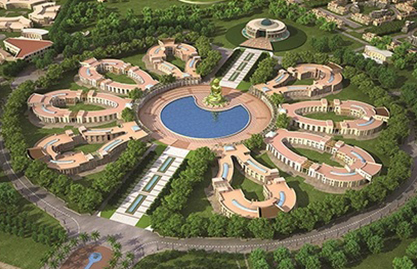
Four Passive Design Techniques to Build Sustainably in Tropical Climates
According to a study by the United Nations Environment Programme (UNEP), our built environment contributes to more than 40% of global energy use and over one-third of global greenhouse gas emissions. About 28% of these emissions are attributed to building operations, a large part of which is made up of artificial lighting and air conditioning systems.
Read More
How Transit-Oriented Developments Can Create Cities for People
According to the UN World Urbanisation Prospects, more than 50% of the world's population is already living in cities, a figure that is projected to increase to about 67% by 2050.
Read More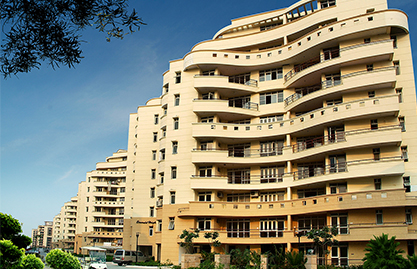
Then and Now: Transformations in residential architecture
Architecture for centuries has co-exited with nature; initial shelter designs were made of natural and locally available materials. Creating a safe and viable habitat has been priority for all living species.
Read More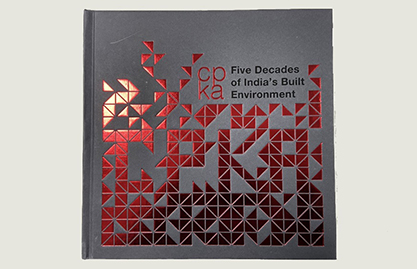
Five Decades of India’s Built Environment
India has been historically known for its repertoire in architecture and design. Post-Independence, the country struggled to come to its feet in terms of policies, economic direction, and infrastructural development.
Read More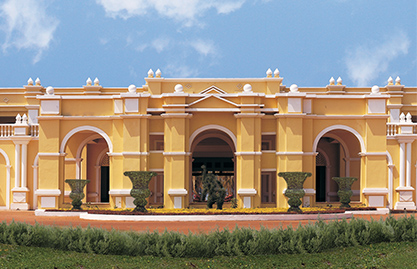
Vernacularism in Hospitality Architecture
The scope of architecture in India is evolving fast. With the growth of industrialization and advancement in technologies, architecture firms across India have explored new styles and designs.
Read More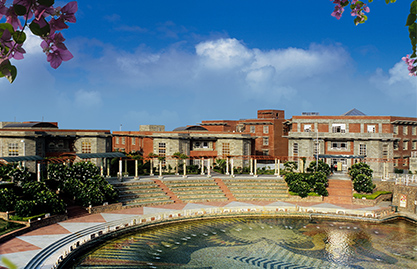
Does sustainable design hamper modern architecture?
Sustainability is one of the pivotal terms of the 21st Century. It has been able to rise as an essential element and create waves in almost all of the major sectors.
Read More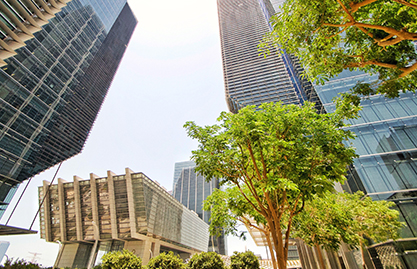
What is Net Zero Energy Building?
With all forms of energy being consumed at a faster rate resulting in an increase in energy prices and adverse climatic changes, there is no doubt that we will be passing on barely any natural resources to our future generations.
Read More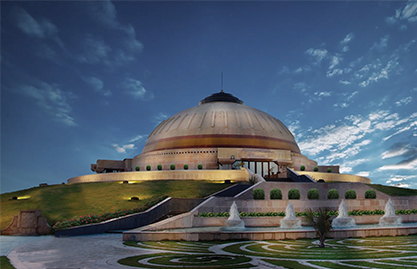
Long term economic benefits of sustainable design
In modern Indian architecture, sustainable design can be defined as a concept of creating built structures that are socially, ecologically and economically viable
Read More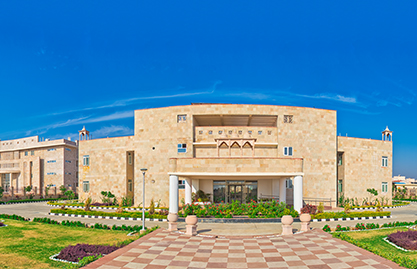
Decoding Sustainability in Architecture
For years we have been struggling to ensure the use of natural resources and renewable energy in our building design and construction. For a safer and greener planet,
Read More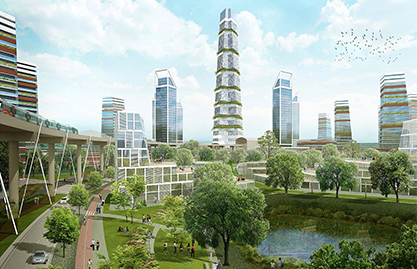
Impact of Urban Designs on Mental Health
For most Indians, navigating serpentine traffic jams and riding on pothole-ridden roads is part of everyday life. Life is no different in much of South East Asia and the developing world.
Read More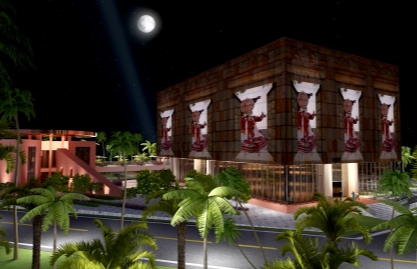
Here’s what you need to know about the India Pavilion at the world’s biggest Expo, Dubai 2020
Embrace yourself for the much-awaited event of 2021 to be hosted this October, the Dubai Expo. Making its way through the long-caused delay due to the pandemic, Dubai Expo is taking shape with even larger enthusiasm and exhilaration.
Read More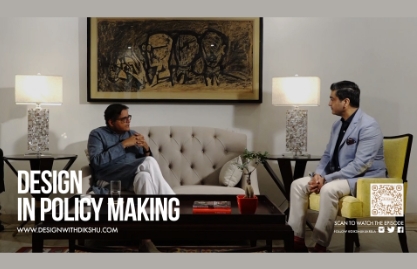
Deciphering policy design in the season finale
Designer and architect Dikshu Kukreja unfolds the impact of policies on the design sensibility of a country along with Jay Panda in the episode, ‘Reimagining tomorrow’, on Deciphering Design with Dikshu.
Read More
The two contemporaries fashion & architecture
Master designer and architect Dikshu Kukreja dives deeper into the journey of exploring design with the global fashion duo Shantanu & Nikhil Mehra in the episode Silhouettes of a Needle on ‘Deciphering Design with Dikshu’.
Read More
Demystifying Ancient Treasures
Architect Dikshu Kukreja dives deeper into his journey of exploring design with HH YKC Wadiyar, the Maharaja of Mysore, in The Magnificent Footsteps episode on ‘Deciphering Design with Dikshu’.
Read More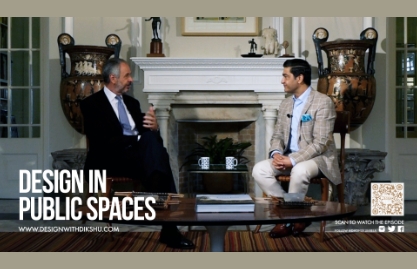
An insight into public space design of india and brazil
In ‘Deciphering Design with Dikshu’, Andre Aranha Correa Do Lago, the Ambassador of Brazil to India, talks about his interest in architecture, and the uncanny similarities between vernacular Indian and Brazilian architecture.
Read More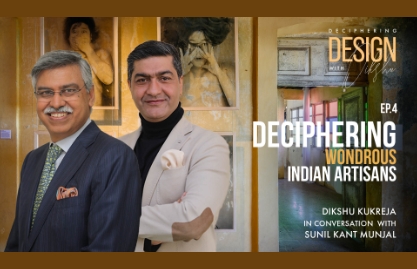
Dikshu kukreja deciphers india’s soft power with sunil kant munjal
Designer and architect Dikshu Kukreja captures the essence of Indian artisans and varied crafts along with Sunil Kant Munjal in the episode, ‘Life of a Wondrous Craft’, on Deciphering Design with Dikshu.
Read More
From plate to palate
Celebrity chef Manish Mehrotra discusses cooking traditional dishes with a global touch as well as creating a memorable dining experience with architect Dikshu Kukreja.
Read More
Making the world move
Architect Dikshu Kukreja discusses design and its function across cars and construction with industrialist Gautam Singhania.
Read More
A breakthrough show on design and lifestyle
Master Designer and Architect Dikshu C. Kukreja has come with the most awaited show on design, lifestyle, and conversations that go beyond imagined.
Read More
Deciphering Design With Dikshu
Design, a word that holds the entire world together. It's the first thing you see when you wake up. It's there when you close your eyes.
Read More